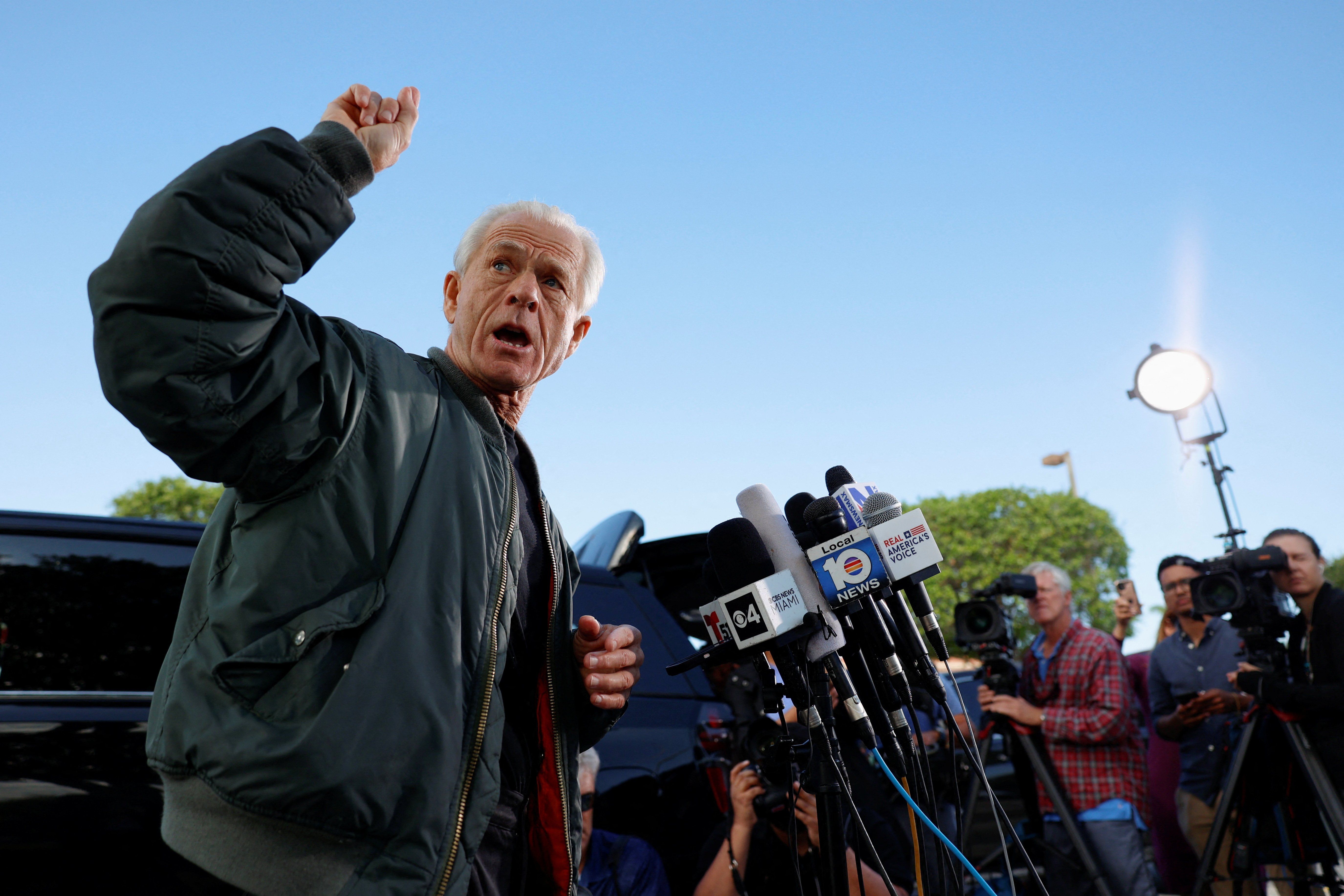Hard Numbers: Former Trump adviser goes to jail, Cambodia bans musical car horns, DRC suffers M23 siege, Afghanistan endures dire drought
38: In a move straight out of "Footloose," Cambodian Prime Minister Hun Manet has banned musical horns after videos surfaced on social media showing people, especially youths, engaging in impromptu dances on roads to tunes emitted by truck horns. Manet, who succeeded his father Hun Sen, has directed the Ministry of Public Works and Transportation and police to enforce the ban nationwide, aiming to curb what he views as a public order and traffic safety issue.
230,000: Goma, a resource-rich city in the Democratic Republic of Congo, is under siege from M23 rebels reportedly backed by Rwanda. With nearly all supply routes controlled by M23, the conflict is asphyxiating the city, causing a surge in basic commodity prices. Over 230,000 people fled Goma in February, with aid agencies warning of humanitarian disaster and the increasing risk of a wider regional conflict.
21 million: Afghanistan, one of the nations most susceptible to climate change, faces a dire situation as a fourth straight year of drought displaces entire villages, leaving fields barren and stomachs empty. The drought has deprived 21 million Afghans, almost half of the country's population, of access to potable water.
